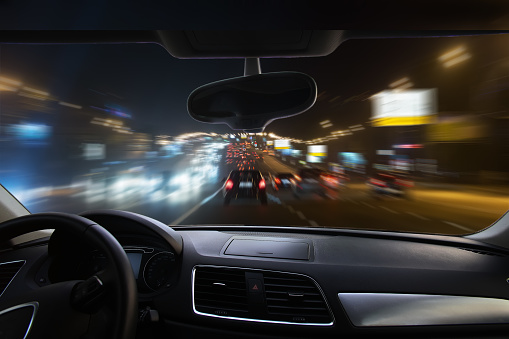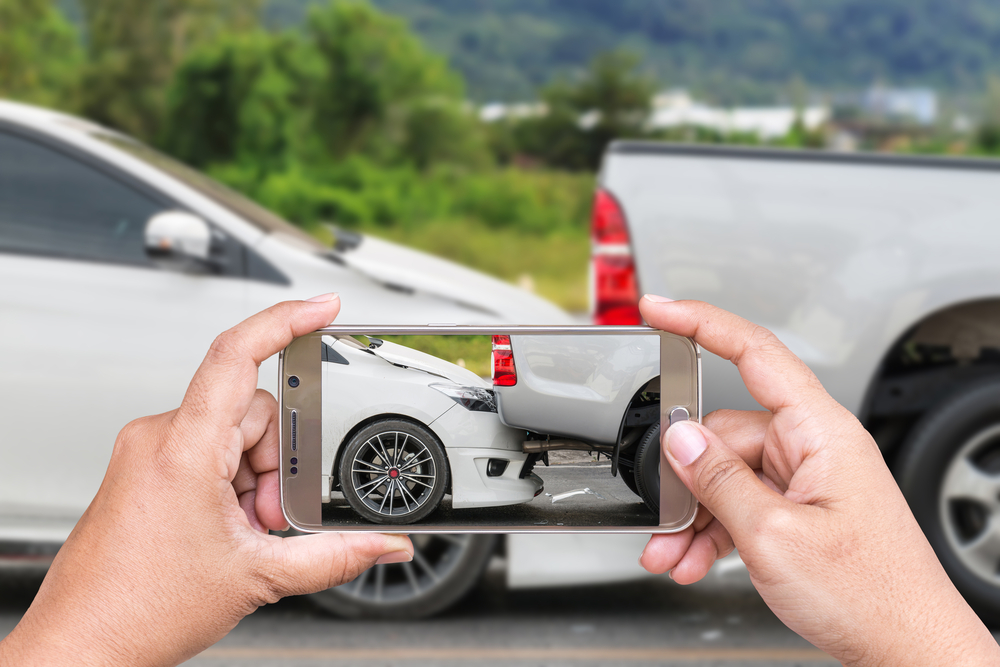Driving under the influence of drugs or alcohol not only harms you but can also affect others, and you may regret your entire life. Take on board that a small amount of alcohol in your blood can adversely impact your driving ability. For safe driving, you need to concentrate, make efficient adjustments, and quickly respond to the situations. Traffic safety facts declared that within every 53 minutes, one person loses his life in drunken driving crashes.
What will a DUI charge you?
Alcohol-impaired driving is a prominent matter of concern for the insurance industry. Driving under the influence (DUI) is one of the worst things you can experience. Bear in mind DUI charges are substantial. Even if an accident does not occur, you have to bear severe financial complications.
Take into account that in few countries, drunken drivers have to face the high-end of punishment includes 30 days license suspension and, after that, five months of restricted driving, DUI classes, or you may have to spend some time in a community center or jail. Besides all these punishments, you still have to pay out of pocket for several DUI charges and fines.
How long does a DUI stay on your insurance?
Bear in mind that the consequences of DUI are expensive and long-lasting. Generally, it sticks on your record for 5 to 10 years, depending on your residential state. At the same time, you may have to face license suspension and higher car insurance premiums. Having a DUI on record means that states may use the point as a system to track your driving.
In case if they find any driving infractions like driving without insurance or a DUI or running lights, add the points in your license. With more points, you need to pay extra penalties. On top of more penalties, these points affect your insurance policy cost. If you want to remove the points each year, follow the regulations, and avoid driving violations.
How can you avoid getting DUI?
The best way to prevent you from a DUI is to don’t drink and drive. Keep in mind if you are one of the alcohol-addicted people, you may find it difficult. With an efficient strategy, you can control this issue. Likewise, you can consume alcohol on weekends or parties but remember, don’t drive after drinking because it is the only solution to save you from a DUI.
Consequences for Drunken Drivers
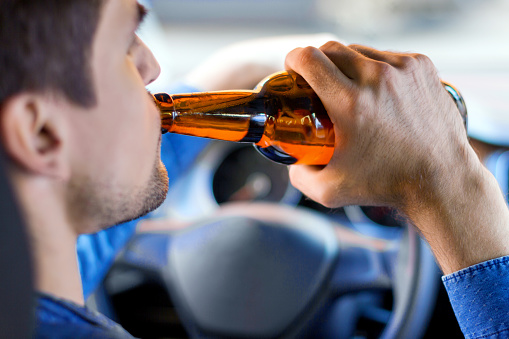
Drinking during driving can become the cause of an accident or a severe injury. In case if you save from any accident, police can arrest you, and you may get a DUI. Keep in mind that they may suspend your license. You may have to spend time in jail or pay a considerable legal cost. Be mindful of the consequences you may have to face because of driving drunk.
- Reduce Concentration
During driving, the most important thing you need to focus on is concentration. Alcohol, even in a small amount, can influence your brain and divert your concentration. Without having crucial coordination skills, you will not be able to control the harmful situation. Driving drunk can make it difficult for you to maintain speed. With driving, you need to focus on several tasks such as staying in your lane, traffic signal, car speed, and other vehicles. Be aware that your attention span is exponentially drop-down if you are drinking during driving, which can also escalate the chances of fatal crashes.
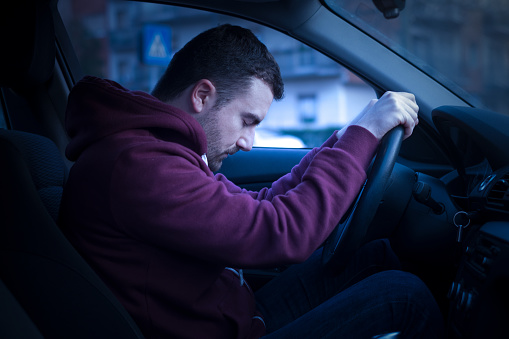
- Effect of Blood Alcohol Content on Driving
The legal impaired alcohol content in the blood is 0.08 percent. Be aware that even only one-time consumption of alcohol can start affecting your senses. Different values of alcohol content have a variety of impacts on human health. Let’s discuss a few of them.
- Symptoms of 0.02 BAC are mood swings, difficulty in multitasking, lack of judgment, and reduced visual functionality.
- Drunken drivers may feel decreased coordination, reduced ability to sense moving objects, increased body temperature, reduced muscle control, and lack of inhibitions if their BAC is 0.5.
- If the BAC value is 0.08, common issues are lack of reasoning, short-term memory loss, inability to speed control, reduced ability to concentrate or process the information.
- BAC 0.10 means drunk drivers may reduce their ability to control vehicles, have slurred speech, poor coordination, and slowed reaction times.
- Having BAC 0.15 shows extreme loss of balance, vomiting, impaired auditory and visual information processing, and almost zero muscle control, unable to manage simple driving tasks.
Likewise, 0.08 percent or higher values of BAC are the common reasons for fatal crashes. Other than losing life, other losses include workplace losses, medical costs, insurance administration, legal expenses, lost productivity, emergency medical services, and congestion.
- Decrease Vision
Take into consideration that excessive alcohol consumption is quite harmful to your vision. You may notice that you can’t easily control eye movement immediately after drinking, and everything seems blurred. It will be difficult for you to estimate the distance between your vehicles and others on the road with impaired vision. You may focus only on fewer objects within your peripheral vision.
- Lack of coordination
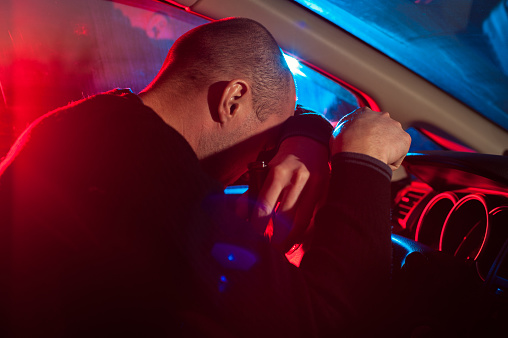
During driving, you need proper coordination, but drunk driving affects your motor skills such as hand, foot, and eye coordination. Take on board that you can’t avoid impending harmful scenarios without using your motor skills. Bear in mind some basic signs of reduced concentration include swaying, inability to stand properly, and trouble walking.
- Slow Reaction Time
The alcohol content in your body ultimately reduces your responding time. With excessive alcohol, your brain can’t process normally, or you can’t judge the situation accurately. Drunk driving ultimately reduces your reaction time, which can lead to fatal crashes. Drunken drivers may not even respond quickly if any pedestrian crosses the road.
- Lack of Judgment
Reckon that your brain makes decisions and judge different scenarios. Take into account that if you are operating a motorized vehicle, your judgment helps you make the right decisions. Likewise, while driving a car, you have to foresee potential problems and deal with them. With your critical skills, you stay alert and keep yourself aware of surrounding circumstances during driving.


